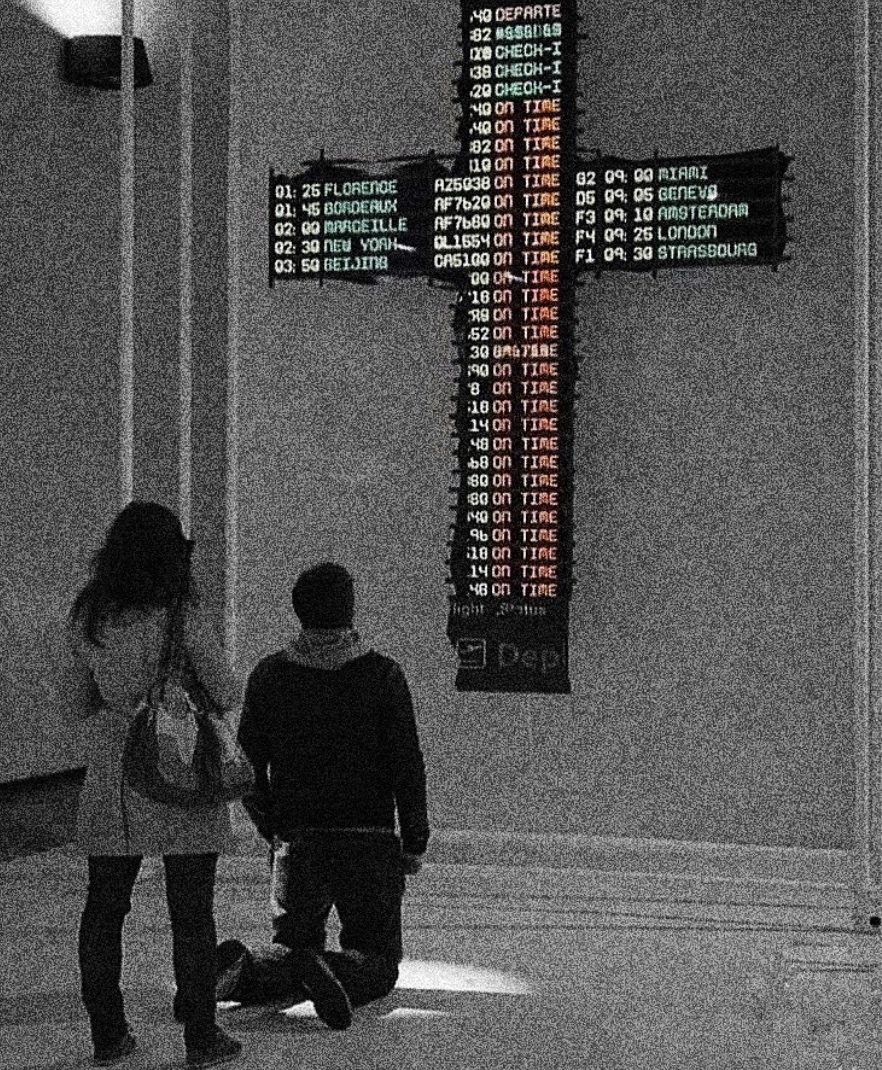“They have mouths, but do not speak; eyes, but do not see. Those who make them will be like them, and so will all who trust in them.” — Psalm 115:5,8
In seeking to become gods, we are not rising—we are falling, shaped and ruled by the very machines we believe will set us free. —D.
+ + +
The first lie was a simple one: Take, and you shall be as gods. And so, man took the fruit, reached beyond his bounds, and fell. But the hunger never left. The craving to rise, to shape, to rule over matter itself—to create as God creates—has burned in him ever since. Now, deep in the belly of our age, we stand at the altar of the self, praying to our own works. We have cast off the old gods, only to enthrone ourselves. And the work of our hands—our towers, our screens, our codes—has become the scaffolding of our new Babel.
We tell ourselves we are free, but we are owned. The tools we forged to remake the world have begun remaking us. We thought we were forging a road to godhood, but we are slipping into something else—something darker, something colder. This is the new eschatology, the gospel of the machine. The story of resurrection rewritten with circuits and wires, the story of eternal life retold, but with man in the place of God. We will defeat death, we say. We will upload our minds, our very souls, into a heaven of our own making. But these machines, these idols, will not serve us. They will shape us, they will rule us, and in the end, they will own us. A god will rise, but it will not be us.
This is what it means to live in the post-God void. We believe ourselves rational, free, untamed, but we are only reenacting the old story in a new tongue. We have denied the dark forces our ancestors feared, yet they shape us still. We are shaped through the screens we gaze into, through the voices that call back at us from our own creations. And it will grow stranger. The ground beneath us shifts. Reality bends, but not to our will, and certainly not to our liking.
